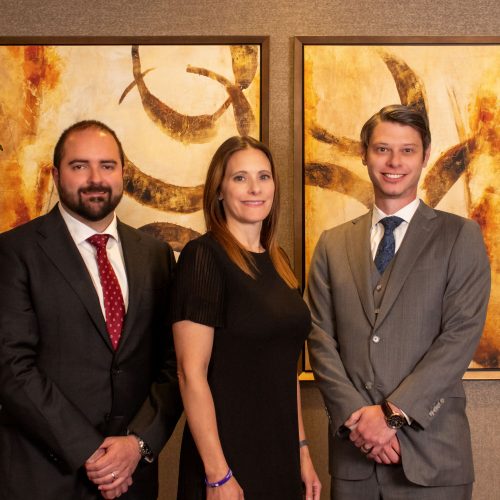Rainone and Magnelli Notch Precedent-Setting Win For Construction Client
9/16/2020
Brach Eichler recently won a precedent-setting case before the U.S. Court of Appeals for the Third Circuit on the question of who decides whether an arbitration agreement exists – a court or an arbitrator? No prior Supreme Court or Third Circuit case had dealt with this specific issue, which Circuit Judge Luis Felipe Restrepo wrote was “a ‘mind-bending’ question that has been dubbed ‘the queen of all threshold issues’ in arbitration law’.”
MZM Construction Company in 2001 signed a single-project agreement from the NJ Building Laborers Union for work already underway at the Newark Airport. Approximately 17 years later, the NJ Building Laborers Statewide Benefit Funds claimed that the single-project agreement MZM signed was actually a Short Form Agreement binding MZM to a Collective Bargaining Agreement for all construction jobs within the Union’s jurisdiction.
The Funds unilaterally scheduled an arbitration to be conducted by its hand-picked arbitrator, seeking $230,000 from MZM in alleged unpaid employee contributions. On behalf of MZM, attorneys from Brach Eichler, Anthony Rainone and Eric Magnelli, sought and obtained a preliminary injunction from the District of New Jersey temporarily enjoining arbitration. They argued that because the purported SFA was void due to fraud-in-the-execution, the court must determine if the SFA is enforceable against MZM, not the Funds’ arbitrator. The Funds appealed the court’s decision, arguing that the arbitration agreement gives the arbitrator the power to make that determination.
After hearing oral argument and in a precedential opinion, the Third Circuit held that the Court needs to decide gateway questions of arbitrability when the existence or formation of the underlying contract is at issue. Because MZM stated a valid claim of fraud-in-the-execution of the underlying contract that incorporated an arbitration agreement (i.e., the SFA), the formation of the arbitration agreement’s delegation provision contained within the underlying contract is inevitably in issue, triggering the DNJ’s power to adjudicate MZM’s claim, not the Funds’ arbitrator.












